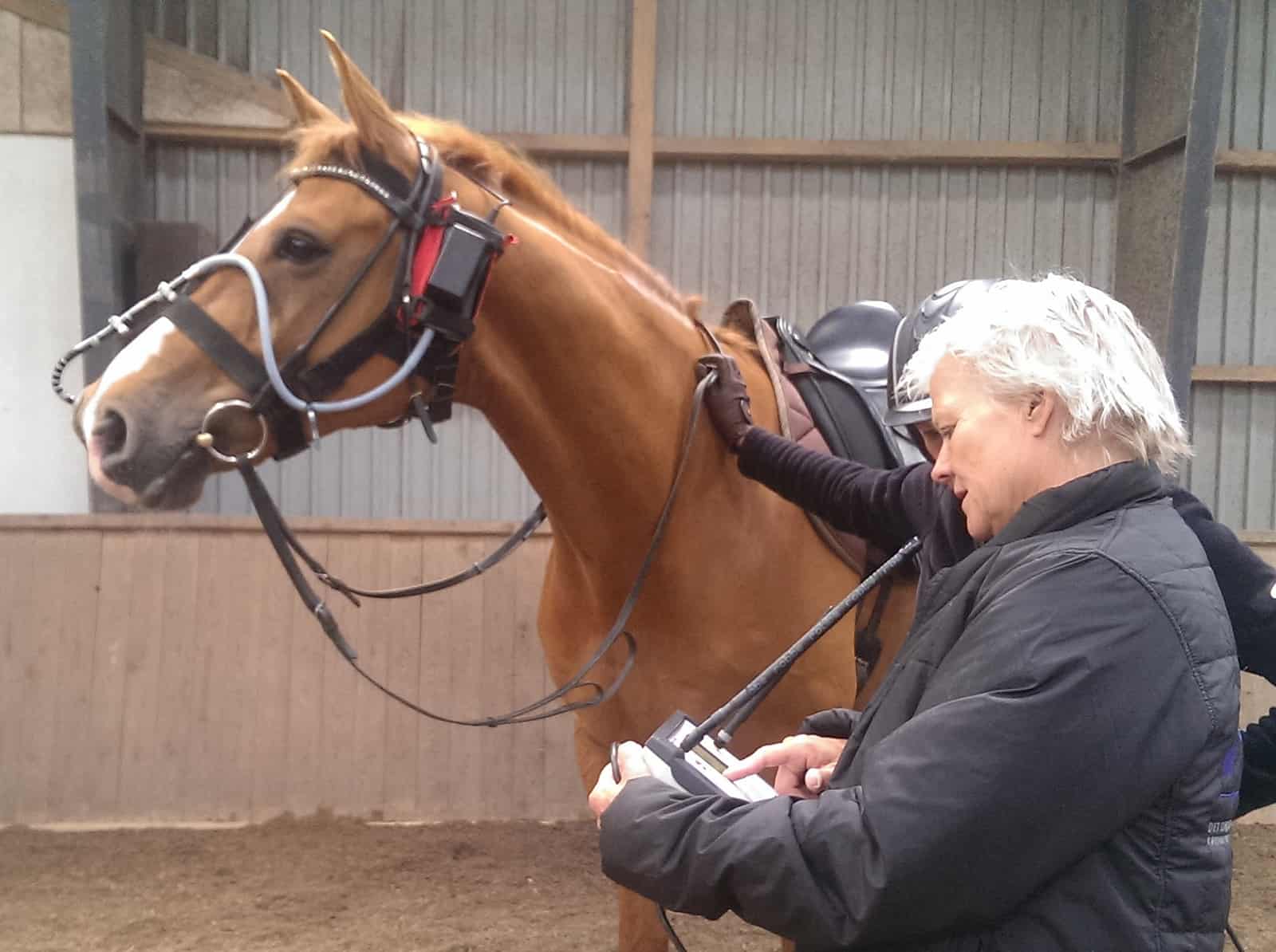Evaluating Horse Airways: At Rest, During Exercise, or Both?
- Topics: Anatomy & Physiology, Article, Diagnostics and Technology, Diseases and Conditions, Endoscopy, English Disciplines, Exercise-Related Conditions, Horse Care, Laryngeal Hemiplegia (Roaring), Other Respiratory Problems, Respiratory Problems, Respiratory System, Sports Medicine, Upper Airway Problems, Vet and Professional, Western Disciplines

As it turns out, both techniques provide invaluable information and, in most cases, should be used together.
“Start with resting endoscopy,” advised Safia Barakzai, BVSc, MSc, DESTS, Dipl. ECVS, FRCVS, an equine surgeon from Equine Surgical Referrals, in West Sussex, U.K., during her presentation at the 2017 American Association of Equine Practitioners Convention, held Nov. 17-21 in San Antonio, Texas. “Be aware, though, that even within seconds to minutes within cessation of exercise, conditions in the upper respiratory tract change, and abnormalities can rapidly disappear.”
Therefore, the goal of the resting endoscopic examination is to investigate gross structural abnormalities and potentially predict the horse’s laryngeal function during exercise
Create a free account with TheHorse.com to view this content.
TheHorse.com is home to thousands of free articles about horse health care. In order to access some of our exclusive free content, you must be signed into TheHorse.com.
Start your free account today!
Already have an account?
and continue reading.

Written by:
Stacey Oke, DVM, MSc
Related Articles
Stay on top of the most recent Horse Health news with















